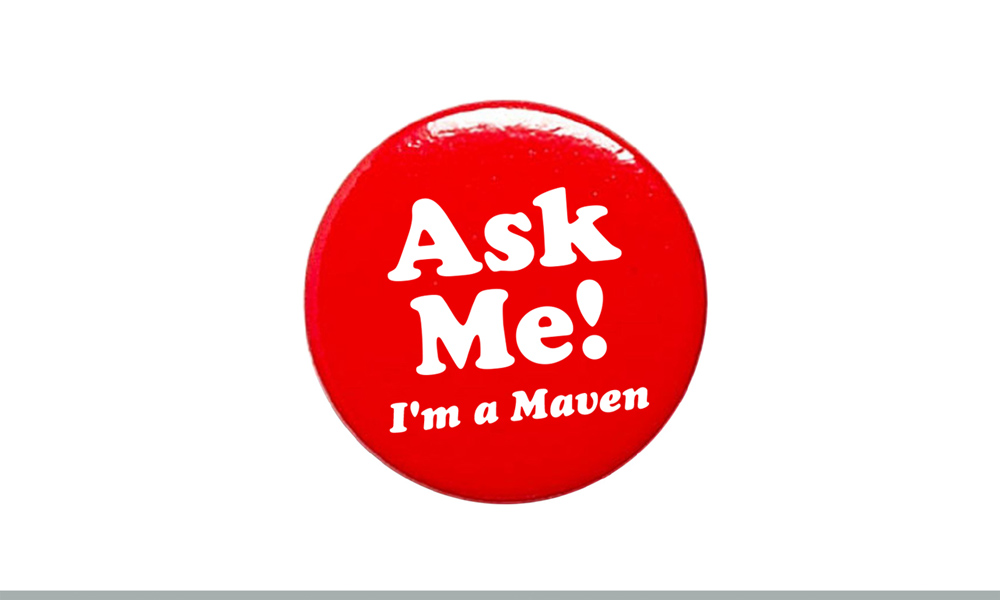Jewish Word | Maven
“Maven” is a relatively new transplant into American English. Written references to the word begin to increase in the mid-1960s and continued to rise through the early 2000s, according to Google Ngrams, which charts words’ popularity in books over time.
Jewish Word | When a Knish Is More Than a Knish
During his presidential campaign, Donald Trump proclaimed at a rally that Hillary Clinton “got schlonged” in the 2008 primaries. Schlong, when used as a noun, is a Yiddish word for penis—and a pretty vulgar one at that. But when used as a verb, is it even a word?
A Short History of Little Words
It’s hard to escape the OMGs and LOLs of today, but don’t blame millennials—acronyms actually originated thousands of years ago with the development of the ancient Hebrew alphabet. Around the 10th century BCE, Hebrew letters emerged out of ideographic pictures and, soon after, groups of letters started to be used in place of frequently recurring words.
Jewish Word | Golem
Although such comparisons remain rare, for Jews and non-Jews the golem serves as a concept uniquely suited to expressing the fears and insecurities of the modern era. As Isaac Bashevis Singer wrote in 1984, “The golem story appears less obsolete today than it seemed one hundred years ago. After all, what are the computers and robots of our times if not golems?”
The Semantics of Antisemitism
The term “anti-Semitism” has evolved. As scholarship on the subject grew, the available vocabulary expanded. Today, its definition—and its boundaries—are uncertain. “Anti-Semitism” is but one of a convoluted, interconnected web of similar words—including “anti-Judaism,” “anti-Zionism,” “Judeophobia” and “Zionophobia.”
Is Normalization Normal?
“Keep reminding yourself: This is not normal,” warned comedian John Oliver on Last Week Tonight. It was less than a week after Election Day, and the country was just beginning to process Donald Trump’s unexpected victory. Opponents of the president-elect were scrambling to discern what had changed in a world they thought they understood.
Jewish Word // Blood libel
In September, Josh Marshall of the online political news outlet Talking Points Memo reached for an unexpected metaphor to express his disgust at Donald Trump’s anti-immigration rhetoric...
Jewish Word // Bible
When biblical scholar Elsie Stern lectures about the ancient world at the Reconstructionist Rabbinical College, the first thing she does is hold up a Bible and tell her students, “For most of the first 3,000 years that these words were around, if you said ‘Bible,’ no one would have any idea what you were talking about.”
Jewish Word // Baal Teshuvah
Religious seekers are as old as religion itself. But it wasn’t until mid-20th-century America that there was a full-fledged, organized movement of Jews who moved from less observant to more observant—and a name for them. Behold, the birth of the baal teshuvah.
Jewish Word // Gentile
In the early 20th century, Jews continued to use “goy” when speaking among themselves, but “gentile” became the word of choice in public discourse.
Jewish Word // Judeans
These days, all eyes are on what many are calling the new anti-Semitism, arising from both far-right and far-left politics, radical Islam and virulent anti-Zionist ideologies. But the old anti-Semitism isn’t forgotten—a 2013 Anti-Defamation League poll showed that 26 percent of Americans believe that “Jews were responsible for the death of Jesus.”












